Keywords: Civil War
There are more than 200 results, only the first 200 are displayed here.
-
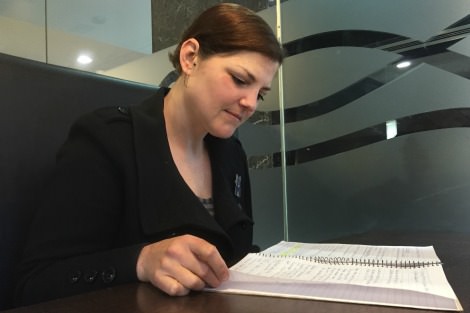
AUSTRALIA
- Kate Mani
- 12 September 2017
6 Comments
This Thursday will mark 70 years of Australian peacekeeping with a commemorative service and dedication of a new peacekeeping memorial. Dr Rosalind Hearder believes stereotypical perceptions of war and peace can leave Australians with a misguided understanding of peacekeeping. 'It's not the same experience as combat. But that doesn't mean it is easier. The long-term effects can still be damaging.'
READ MORE 
-
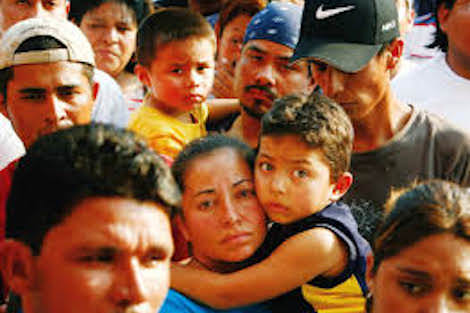
INTERNATIONAL
- Sean Cowan
- 25 August 2017
8 Comments
It seems like immigration hasn’t been seen in a positive light of late. Control over immigration has been a central theme in the successful Brexit bid in the United Kingdom. America elected a president who suggests tougher laws and screening for immigrants. Syrian refugees were welcomed by the thousands into Canada (46,700 in 2016 alone to be exact) not without considerable controversy.
READ MORE 
-

AUSTRALIA
- Rohan Salmond
- 21 August 2017
53 Comments
Same-sex marriage, the government tells us, is not a first-order issue. And yet it has grown to become a controversy so monumental it has overshadowed even the prospect of nuclear war with North Korea.
READ MORE 
-

RELIGION
- Gillian Bouras
- 14 August 2017
12 Comments
Was Harry Potter’s 20th birthday to blame? Or the 200th anniversary of Jane Austen’s death? Or merely the ageing process? It’s hard to decide, but in a life quite possibly ruined by literature, I have started remembering some of the books I read in childhood.
READ MORE 
-
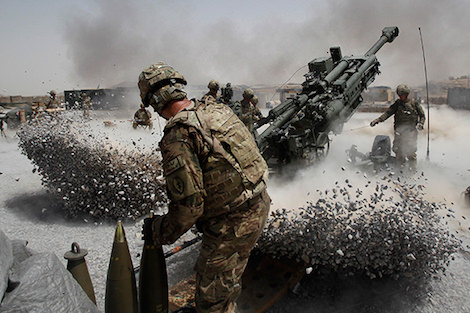
AUSTRALIA
- Andrew Hamilton
- 04 August 2017
14 Comments
Defence Minister Christopher Pyne recently called for an expansion of the Australian weapons industry. It would enable Australia to join the United States and Britain as a major exporter of weapons and further Australia’s strategic goals. The move has a logic: if you want weapons it is cheaper to make them than buy them; if you make them it is more profitable to sell them to others than to keep them all for yourself; if you sell them it is best to sell them to your friends.
READ MORE 
-

ARTS AND CULTURE
- John Ellison Davies
- 02 August 2017
7 Comments
Why do we get out of bed in the morning? Out of habit certainly, but at some level we have to believe that in the day ahead we may make some small incremental progress toward our goals, whatever they may be. A small improvement in the garden. The flourish of a job well done. We must have hope that we will find some joy in the day, some satisfaction that brings a sense of well-being.
READ MORE 
-

ARTS AND CULTURE
- Tim Kroenert
- 19 July 2017
This is a deliberate subversion of typical, destructive Western tropes by Coppola, in which it is the male character who is objectified by the female gaze. In this she probes how this particular man either thrives under or is stymied by such objectification. John is more than aware of the sexual and romantic stirrings he has aroused among his new companions. But in his assumption that his objectification is empowering, he has utterly underestimated the emotional and psychic complexities of those doing the objectifying.
READ MORE 
-

RELIGION
- Frank Brennan
- 03 July 2017
There is no point in proceeding with a referendum on a question which fails to win the approval of you, the First Australians. Neither is there any point in proceeding with a referendum which is unlikely to win the approval of the overwhelming majority of the voting public, regardless of when they or their ancestors first arrived in Australia. Given that you Indigenous Australians have spoken strongly through your representatives at Uluru in support of a First Nations Voice, it is now for the Referendum Council to recommend to government a timetable for constitutional change with maximum prospects of a 'Yes' vote.
READ MORE
-
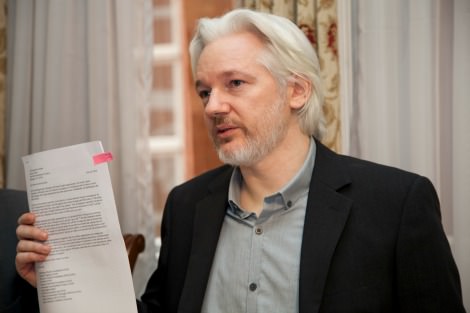
INTERNATIONAL
- Binoy Kampmark
- 22 May 2017
7 Comments
The European Union, according to Assange, has been captivated by an unhealthy interest in indefinite detention: 'There is no time limit that someone can be detained without charge. That is not how we expect a civilised state to behave.' Prematurely, tabloid press and outlets were wondering if the latest developments meant the end of the drama. A statement from the Metropolitan Police dispelled any doubts about Assange's plight, should he wish to leave his narrow digs in Knightsbridge.
READ MORE 
-

INTERNATIONAL
Did he denounce Islam as 'evil' like the American evangelist Franklin Graham? Did he publicly denounce God as 'stupid' like Stephen Fry? On the contrary. Ahok is deeply respectful of Islam and has many Muslim supporters. The affair has done a serious disservice to Indonesia, presenting it as fanatical, racist and sectarian. While these perceptions are unfair, the affair also reveals some aspects of contemporary Indonesia that are obscured by Canberra's often lavish praise of our important neighbour.
READ MORE 
-

AUSTRALIA
- Andrew Hamilton
- 21 April 2017
4 Comments
At Anzac Day it is common to set the deaths of soldiers into the context of a larger cause; as shaping a template of national identity. This year we celebrate it in a sea of citizen deaths from terrorism and military actions. Such killings are also often set within a broader context such as democracy, national security, or the Western way of life. Deeper reflection suggests that to attribute meaning and value to people through their relationship to a cause does not enhance but diminishes their humanity.
READ MORE 
-
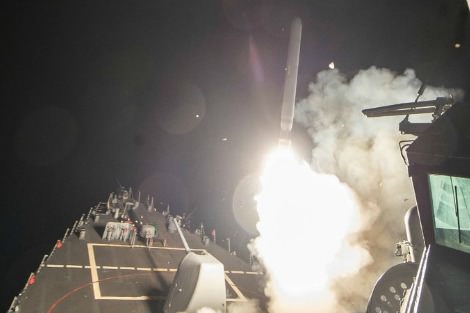
INTERNATIONAL
- Binoy Kampmark
- 10 April 2017
5 Comments
Absent a Security Council resolution, the US had operated independently, adopting a policing and punitive stance against the Assad regime. 'This action,' House Speaker Paul Ryan insisted, 'was appropriate and just.' If humanitarian intervention is supposedly engineered to punish a regime in breach of obligations to protect the civilian population, it starts looking, all too often, like an act of regime change. At what point is the distinction on such matters as proportion or necessity even credible?
READ MORE 